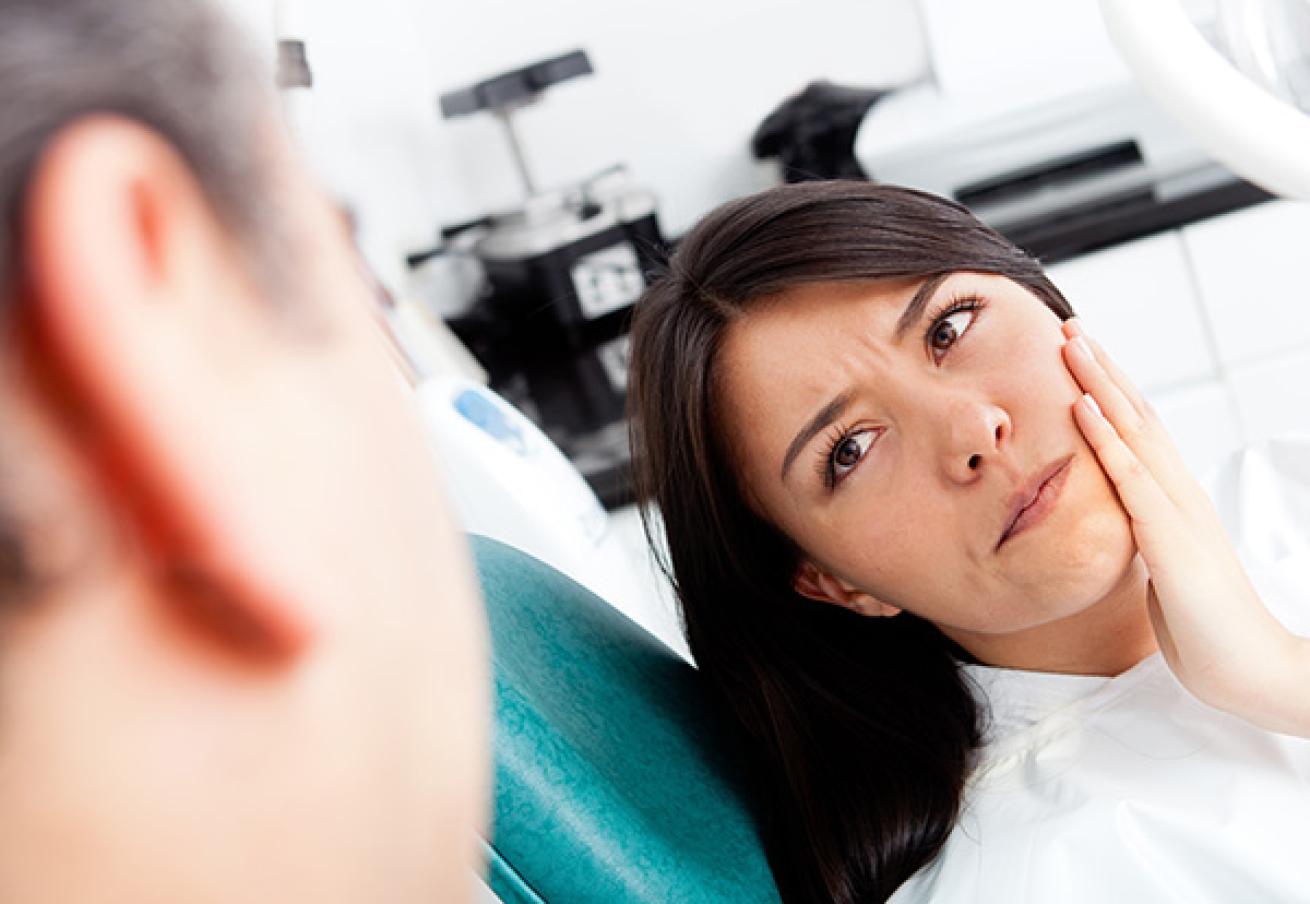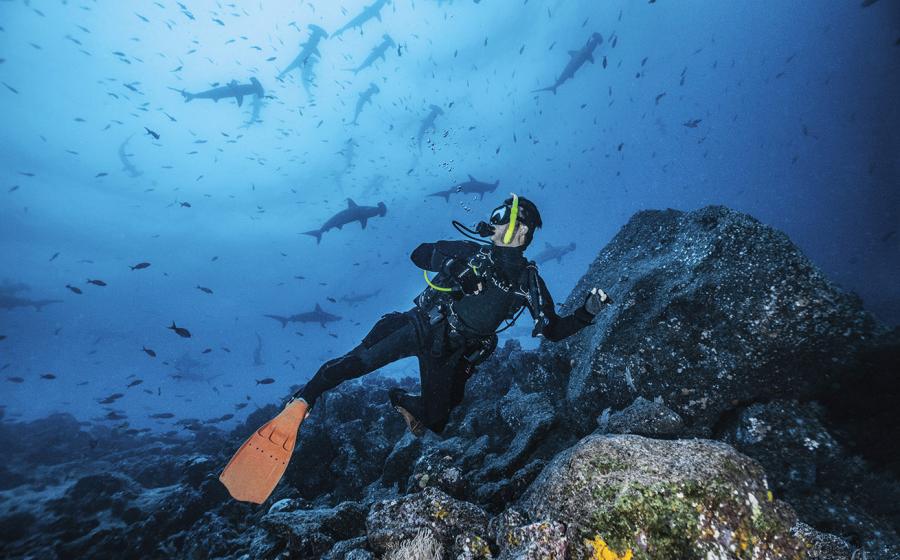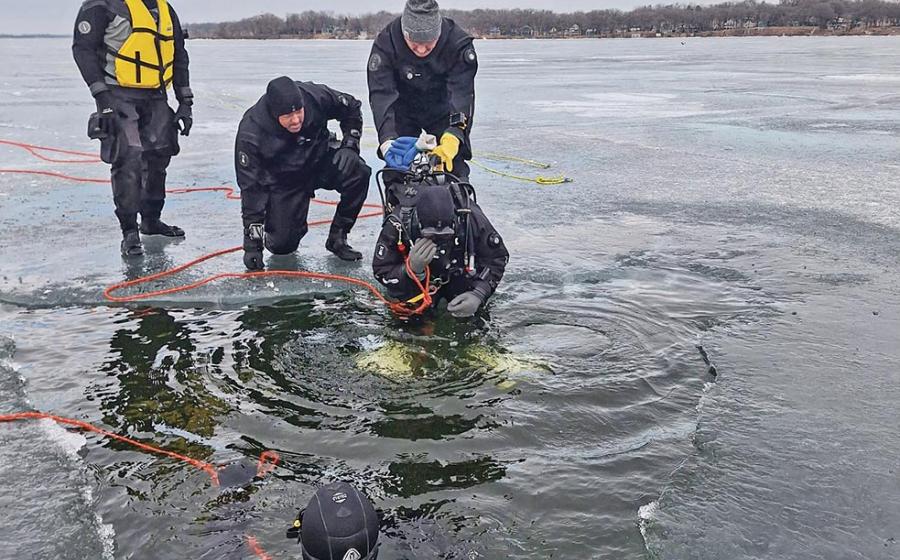Diving Doc: TMJ Disorders and Scuba

Shutterstock
Your oral health can be a surprisingly important factor as you sink your teeth (quite literally) into diving. The temporomandibular joint (TMJ), a ball and socket joint located just in front of the ears on both sides of the head, attaches the lower jaw to the skull. It is one of the body's most complex joints and contains a small disc which under certain circumstances can become unstable. When it does, a clicking sensation can occur as it slips in and out of place. This in turn can cause a syndrome that includes ear pain, sore jaw muscles, temple/cheek pain, locking of the jaw, difficulty in opening the mouth fully, or frequent head/neck aches.
Those with TMJ abnormalities may suffer a worsening of signs and symptoms when diving, most probably as a result of clenching the second stage between the teeth. As most cases of TMJ are temporary, treatment usually is conservative and includes resting the jaw, using warm, moist compresses and taking anti-inflammatory pain medication. The affected diver should eat only soft foods and avoid chewing gum and eating hard candy. A regimen of jaw exercises may also prove beneficial.
The diver with TMJ issues should:
1. Religiously follow all suggested topside treatments.
2. Make sure his regulator hose is of the correct length and properly oriented. The second stage should neither push nor pull upon the mouth.
3. Select a comfortable mouthpiece.
4. Practice holding the reg in the mouth using the least amount of tension necessary until it becomes automatic.
5. Stop diving if locking of the jaw or discomfort significantly interfere with safe and enjoyable scuba.
6. See a dentist or physician if the condition becomes severe or chronic.
This is educational only and does not constitute or imply a doctor-patient relationship. It is not medical advice to you or any other individual, and should not be construed as such.
DocVikingo has been scuba certified for more than 35 years and has dived all over the world. He is a practising doctor in the Baltimore/Washington D.C. area and has held faculty positions at several major hospitals, including Johns Hopkins. With an interest in diving medicine, he serves as administrator at Scuba Clinic Online.










